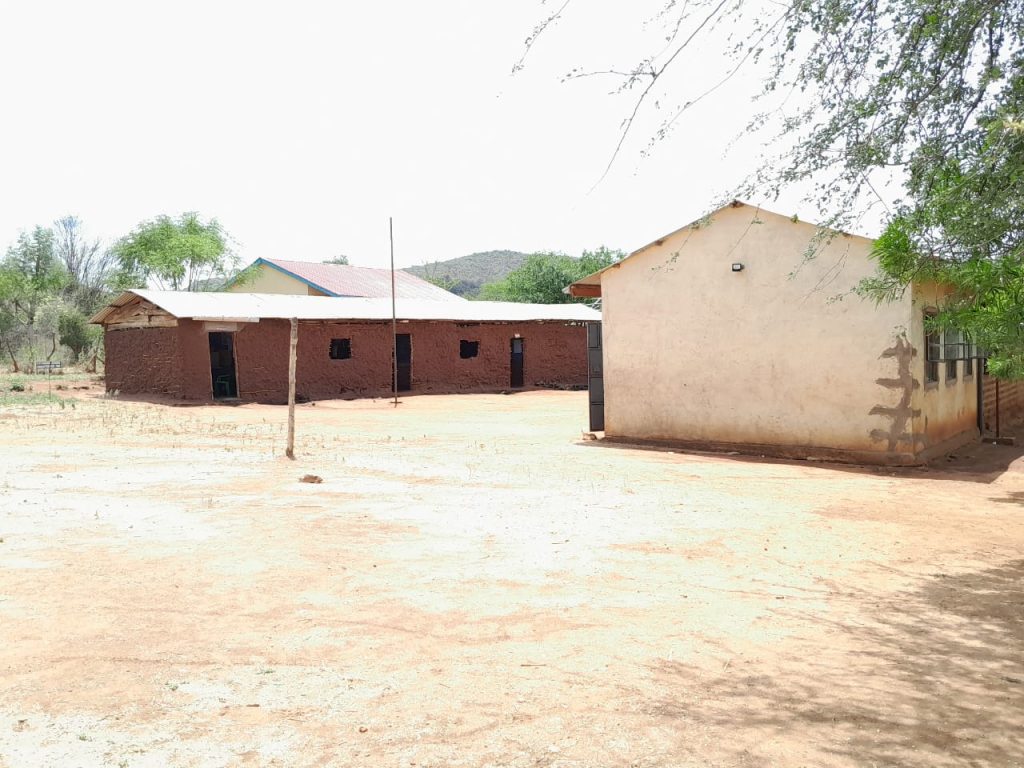On October 11th, the world comes together to celebrate the International Day of the Girl Child—a day dedicated to highlighting the unique challenges that girls face and promoting their empowerment. In Kenya, where the Competency-Based Curriculum (CBC) has been adopted as the national education system, this day serves as a timely reminder of the crucial role education plays in uplifting girls and ensuring that they are equipped to face the challenges of the 21st century. The CBC, with its emphasis on skills development, inclusivity, and holistic learning, aligns with the global goals of the International Day of the Girl Child, making it a powerful tool for fostering gender equity and empowerment.
Understanding the CBC: A Gender-Responsive Framework
The Competency-Based Curriculum is designed to shift from a content-heavy, exam-oriented system to one that focuses on the development of skills, values, and attitudes. One of the key strengths of CBC is its gender-sensitive approach, which acknowledges that boys and girls have unique learning needs and face different societal pressures. This framework actively promotes equal opportunities for all students, regardless of gender, ensuring that girls are not left behind in any aspect of learning.
Under the CBC, students are exposed to a diverse range of subjects and co-curricular activities that encourage critical thinking, problem-solving, and creativity. These skills are crucial for girls, who historically have been marginalized in subjects like STEM (Science, Technology, Engineering, and Mathematics). By offering girls a platform to excel in these areas, the CBC actively challenges stereotypes and broadens their horizons, preparing them for a future where they can compete on equal footing with boys in traditionally male-dominated fields.
Breaking Gender Stereotypes through CBC
One of the most significant ways the CBC contributes to empowering the girl child is through its intentional focus on breaking down gender stereotypes. For decades, the traditional curriculum reinforced societal roles, often placing girls in submissive, caregiver roles while boys were prepared for leadership and technical careers. However, CBC’s focus on gender inclusivity ensures that both boys and girls are given equal opportunities to explore subjects that were once gender-specific.
Subjects like Home Science, which was traditionally viewed as a “girl’s subject,” and subjects like Woodwork or Agriculture, seen as male-dominated, are now taught with a focus on skill acquisition rather than gender roles. This inclusive approach ensures that girls can explore any subject without being confined to societal expectations, enabling them to develop skills and competencies that were previously inaccessible to them.
Life Skills Education and the Girl Child
One of the standout features of the CBC is the inclusion of Life Skills Education. Life skills are essential for navigating the complexities of modern life, and for girls, these skills are crucial in helping them overcome the challenges they may face due to gender bias. Through CBC, girls are taught essential skills such as leadership, decision-making, and assertiveness. These competencies are vital in helping girls to build confidence, advocate for themselves, and navigate both academic and social environments.
The focus on Life Skills also addresses the unique health challenges girls face, particularly during adolescence. With comprehensive education on reproductive health, self-care, and emotional intelligence, CBC equips girls with the knowledge they need to make informed decisions about their bodies and their futures. This education is critical in a society where girls are often vulnerable to harmful practices such as early marriage, female genital mutilation (FGM), and gender-based violence. By empowering girls with this knowledge, CBC helps break cycles of vulnerability and poverty.
STEM and the Future of the Girl Child
The importance of STEM education for girls cannot be overstated, especially in a rapidly evolving digital world. The CBC integrates technology and practical skills into the learning experience from an early age, ensuring that girls are not left behind in the tech revolution. This is a significant departure from previous curricula that often neglected girls’ participation in STEM-related activities.
Through hands-on learning, problem-solving, and experimentation, the CBC encourages girls to develop interest and competence in areas like coding, robotics, and engineering. With Kenya positioning itself as a regional hub for technology and innovation, the inclusion of girls in STEM is crucial for national development. CBC offers an equal platform for girls to gain the skills necessary for thriving in this environment, ensuring that they are prepared for careers in industries that are traditionally male-dominated.
Overcoming Societal Barriers
Despite the progress made through CBC, societal barriers remain a significant challenge to the girl child’s education. In many parts of Kenya, particularly in rural and marginalized communities, girls still face hurdles such as lack of access to quality education, poverty, cultural practices, and gender-based violence. However, the CBC is uniquely positioned to address these barriers through its community-based approach.
Under CBC, parents and communities play an integral role in the education process. This collaborative approach ensures that communities are involved in the education of girls, creating a support system that champions their success. By engaging families and local leaders, the CBC promotes the importance of keeping girls in school and provides solutions that address the specific needs of girls, including access to sanitary products and safe learning environments.
Conclusion
The International Day of the Girl Child reminds us that while progress has been made, there is still much work to be done to ensure that every girl has the opportunity to achieve her full potential. The Competency-Based Curriculum is a powerful tool in this fight, offering a gender-sensitive and inclusive approach to education that empowers girls to break free from the constraints of societal expectations.
Through CBC, Kenya has the opportunity to nurture a generation of confident, capable, and empowered young women who are equipped to lead in various fields, from STEM to leadership. By continuing to invest in and support the CBC, we can ensure that every girl child has the chance to succeed in an environment that values her skills, strengths, and potential.
As we celebrate the International Day of the Girl Child, let us remember that education is the key to unlocking a brighter future for our girls, and CBC is the vehicle that will drive them there.


